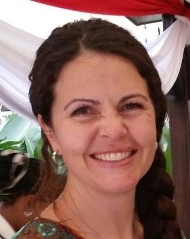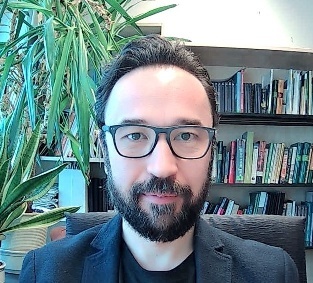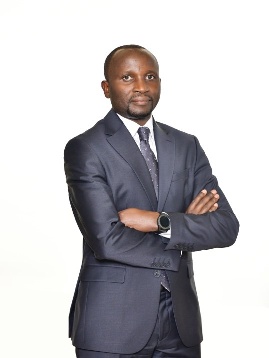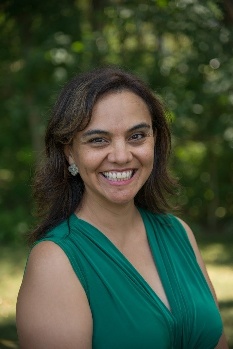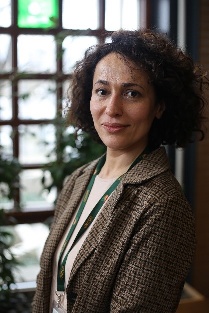17th May 2022, Abidjan – Side-event organized by the GIZ/4per1000 Initiative during the Land Restoration Day at the UNCCD COP15
We are proud to announce that the joint consortium 4per1000, ELD Initiative and the GIZ’s Sector Project Soil Protection, Combating Desertification, Sustainable Land Management (SV Boden) are hosting a Side-Event at the UNCCD COP15.
---------------You can view the recording of the event here (starting at 1:36:22)---------------
&
---------------Find the documentation of the event below-----------------
Linking Land Degradation Neutrality (LDN) targets with Nationally Determined Contributions (NDCs) and biodiversity targets through Sustainable Land Management
Enhancing soil health and soil organic carbon (SOC) stocks through climate-sensitive sustainable land management and land restoration is a central leverage for climate change mitigation and adaptation, food security and biodiversity conservation. Integration of Land Degradation Neutrality (LDN) targets into Nationally Determined Contributions (NDCs) and National Biodiversity Strategies and Action Plans (NBSAPs) may unlock resources to achieve LDN targets, raise the ambition of NDCs in the land use sector and ensure the inclusion of soil health in the post-2020 biodiversity agenda. The panel discussion will focus on how to strengthen apparent synergies between the Rio Conventions at a political level and aims to contribute to the alignment of national SOC-related planning processes to save resources and boost action.
Aim: Maximize synergies by creating coherence between the Rio target systems
Form: Panel Discussion
When: 17 May 2022
12:30 pm to 14 pm (GMT)
14:30 pm to 16 pm (CEST)
Where: Rio Pavilion at UNCCD COP15, Abidjan, and via a Virtual Conference Platform (Microsoft Teams)
Keynotes and introduction by:
- Liesl Wiese-Rozanov (Independent consultant)
- Alisher Mirzabaev (University of Bonn) together with Ildephonse Musafiri, Executive Director, Strategy and Policy Council (SPC), Office of the President, Rwanda
- Leigh Winowiecki Coalition for Soil Health under implementation (CASH)
Panelists:
- Miriam Medel García, Chief of External Relations, Policy and Advocacy UNCCD Secretariat
- Motsomi Maletjane, Team lead in the Adaptation Division UNFCCC Secretariat
- Jamal Annagylyjova(tbc.), Forest Restoration Officer, UN Convention on Biological Diversity (UNCBD)
- Martina Fleckenstein, Global Policy Manager, Food Practice WWF International
- Ildephonse Musafiri, Executive Director, Strategy and Policy Council (SPC), Office of the President, Rwanda
Preliminary agenda:
Time | Agenda | Actor(s) |
12.30-12.40 | Opening of the panel and setting the scene: Introduction to NDCs, LDNs, DBD goals | Liesl Wiese-Rozanov PhD (independent consultant) |
12.40-12:55 | Keynote (Introduction to the ELD study on the alignment of the Rio Conventions in Ruanda | Alisher Mirzabaev PhD (University of Bonn) & Ildephonse Musafiri PhD (Office of the President, Ruanda) |
12:55-13:00 | Keynote (technical level: Contribution of SLM practices to the conventions’ targets) | Leigh Winowickie PhD (ICRAF/CA4SH) |
13:00-13.45 | Panel discussion | All panellists |
| 13:45-13:55 | Questions from the audience | everybody |
13.550-14.00 | Wrap up and closing | Liesl Wiese-Rozanov |

